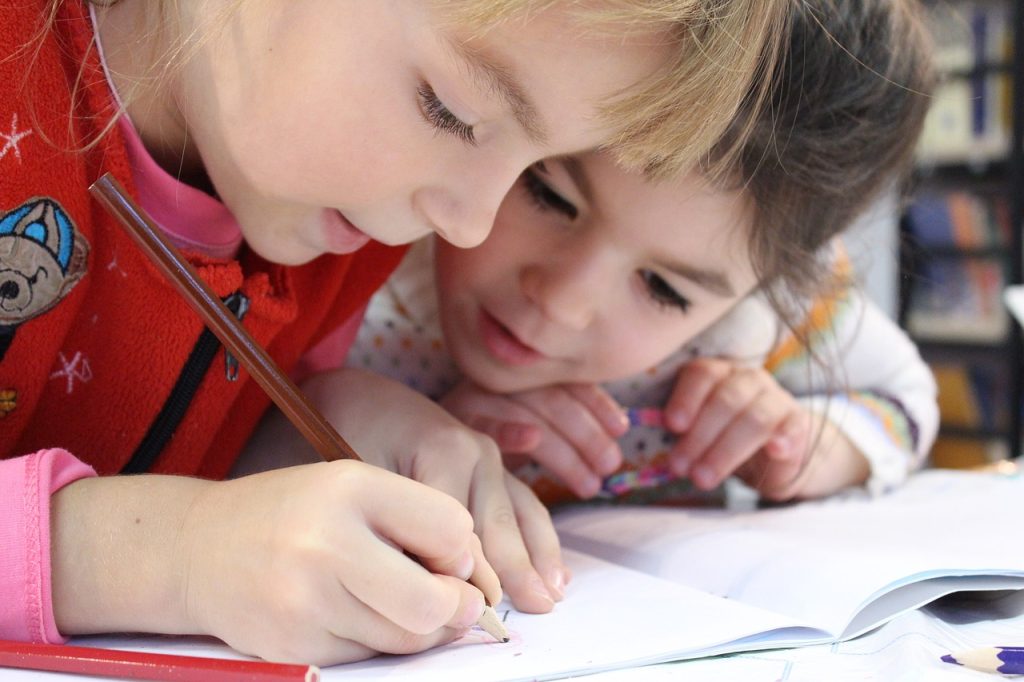
It appears students may be recovering from low scores in reading and math that were the result of COVID.
Though not out of the woods yet, nationwide learning scores in reading and math are on the upswing, according to the Education Recovery School Scorecard, a study conducted by Harvard and Stanford universities and Dartmouth College. The study covered what it described as the first full year of post-COVID student recovery, between spring 2022 and spring 2023.
“Many schools made strong gains last year, but most districts are still working hard just to reach pre-pandemic achievement levels,” Thomas Kane, a co-author of the new study, told the Washington Post.
Beginning in March of 2020, the COVID pandemic disrupted learning nationwide, as schools in every state abruptly shifted to remote instruction,” the study authors note, adding that while some schools returned to in-person instruction quickly in the fall of that year, many schools did not do so until fall of 2021.
“Last year, we and others reported that by the time all states returned to regular testing in the spring of 2022, the average student in grades three through eight had lost the equivalent of half a grade level in math achievement and a third in reading achievement,” the study states.
But statistics in the report show achievement improved in the year studied: Students recovered approximately one third of the original loss in math and one quarter of the loss in reading.
To recover, the study maintains, “school leaders needed to do more than turn the lights back on and return to ‘normal’ operations. Schools were expected to catch students up, which meant reorganizing school activities to generate more learning per day than prior to the pandemic.”
In New Jersey, student performance on the state’s tests in math, English and science improved in 2023 from the previous year, according to New Jersey Student Learning Assessment Results reported on northjersey.com. But like scores nationwide in the Harvard/Stanford/Dartmouth study, the numbers in New Jersey are still below pre-COVID levels, the state assessment reported. In particular, standardized test results for last year showed third graders are still struggling to catch up and only 55% of the state’s 11th graders have graduation-ready math skills.
State scores in math, English and science went up about two percentage points for each subject since last year, but stayed below 2019 pre-COVID levels, according to the assessment. In math, 37.6% of students met or exceeded expectations, compared with 44% in 2019. In English language arts, 51.3% of students met or exceeded expectations, compared with 57.6% in 2019.
What will be the key to healthier student scores? Time. The Harvard-Stanford-Dartmouth study notes that students will need more of it to get to pre-COVID achievement levels. It encourages school districts to inform parents whose children remain behind grade level so they can register them for activities like summer learning.
It also recommends using federal funds for tutoring and after-school programs to extend the COVID recovery into the coming school year.
“We hope that district leaders will use these (national study) data to inform their plans to spend the remaining federal relief dollars to best support their students’ academic needs,” the report concludes.



